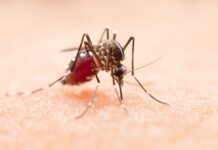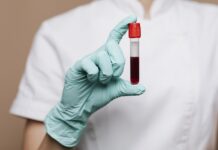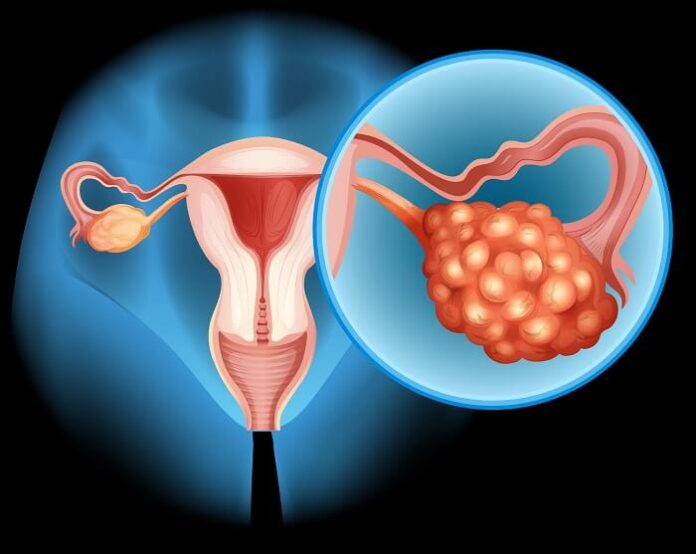Researchers at the University of Oxford are developing the world’s first ovarian cancer vaccine, which could potentially eradicate the deadly disease that claims thousands of lives globally each year. The vaccine, OvarianVax, is designed to train the immune system to detect and attack the earliest signs of ovarian cancer, including cancer that develops in the ovaries, fallopian tubes, or abdominal lining. Experts aim to use the vaccine preventively, similar to the human papillomavirus (HPV) vaccine, which has been instrumental in reducing cervical cancer cases.
Led by Dr. Ahmed Ahmed, director of the ovarian cancer cell lab at the MRC Weatherall Institute of Molecular Medicine, the Oxford team is identifying proteins on early-stage ovarian cancer cells that can be easily targeted by the immune system. Lab tests have shown success in killing mini-models of ovarian cancer. The next phase will involve clinical trials on individuals with BRCA gene mutations, which greatly increase the risk of ovarian cancer, as well as trials on healthy women to assess prevention.
As reported by timesnownews, this groundbreaking work is funded by Cancer Research UK for the next three years. Dr. Ahmed anticipates seeing meaningful results within five years if the vaccine is effective. “The goal is to give the vaccine and see these small tumors reduce or disappear, showing it’s working,” he said.
Ovarian cancer is notoriously hard to diagnose due to the lack of early-stage screening tests. Symptoms like bloating and loss of appetite typically appear later when the cancer is more advanced. Women with BRCA mutations are at much higher risk, with nearly 45% of those with a BRCA1 mutation and 20% with a BRCA2 mutation developing ovarian cancer by age 80, compared to just 2% in the general population. Currently, high-risk women are advised to have their ovaries removed by age 35, which leads to early menopause and infertility.
























